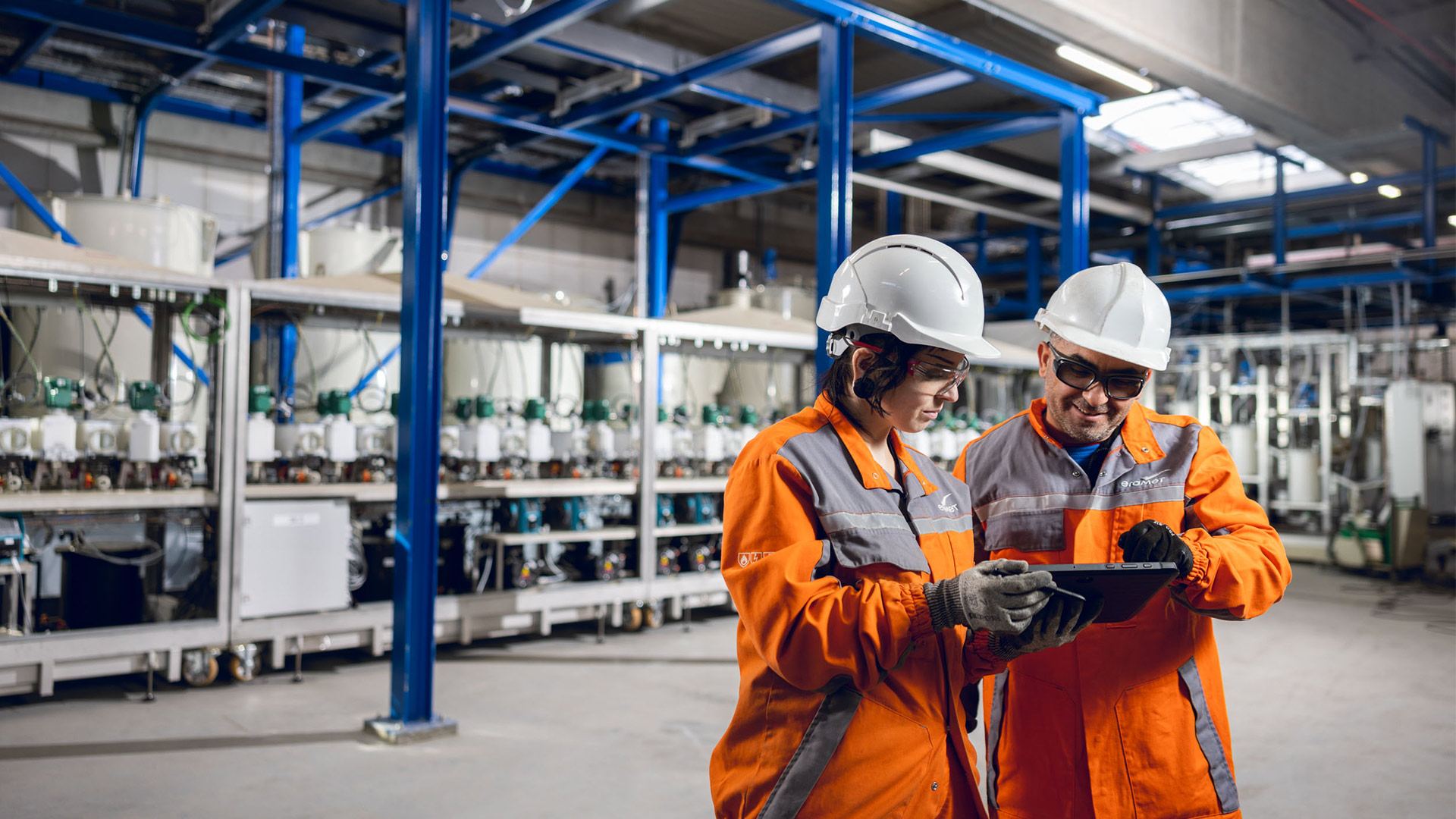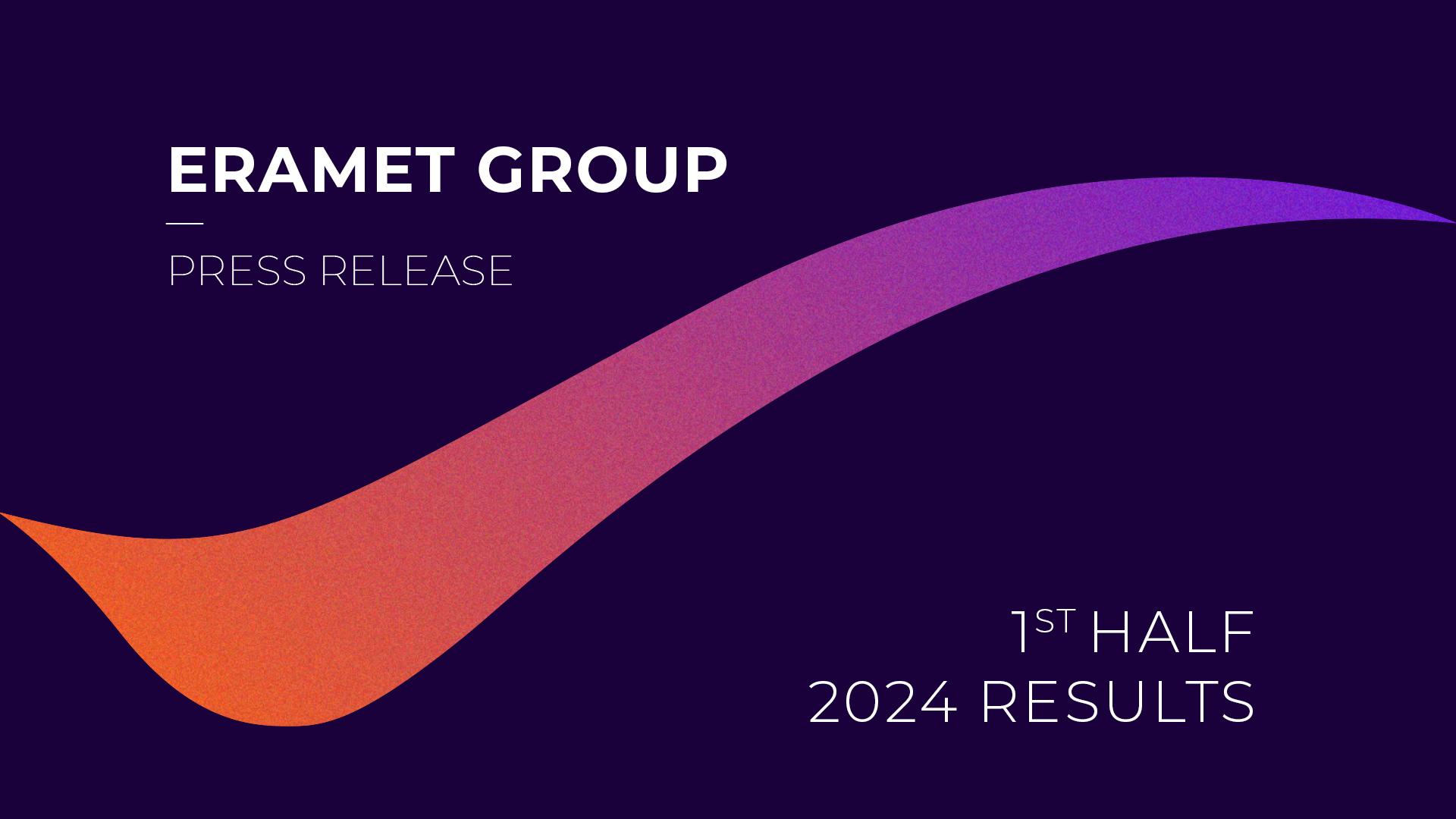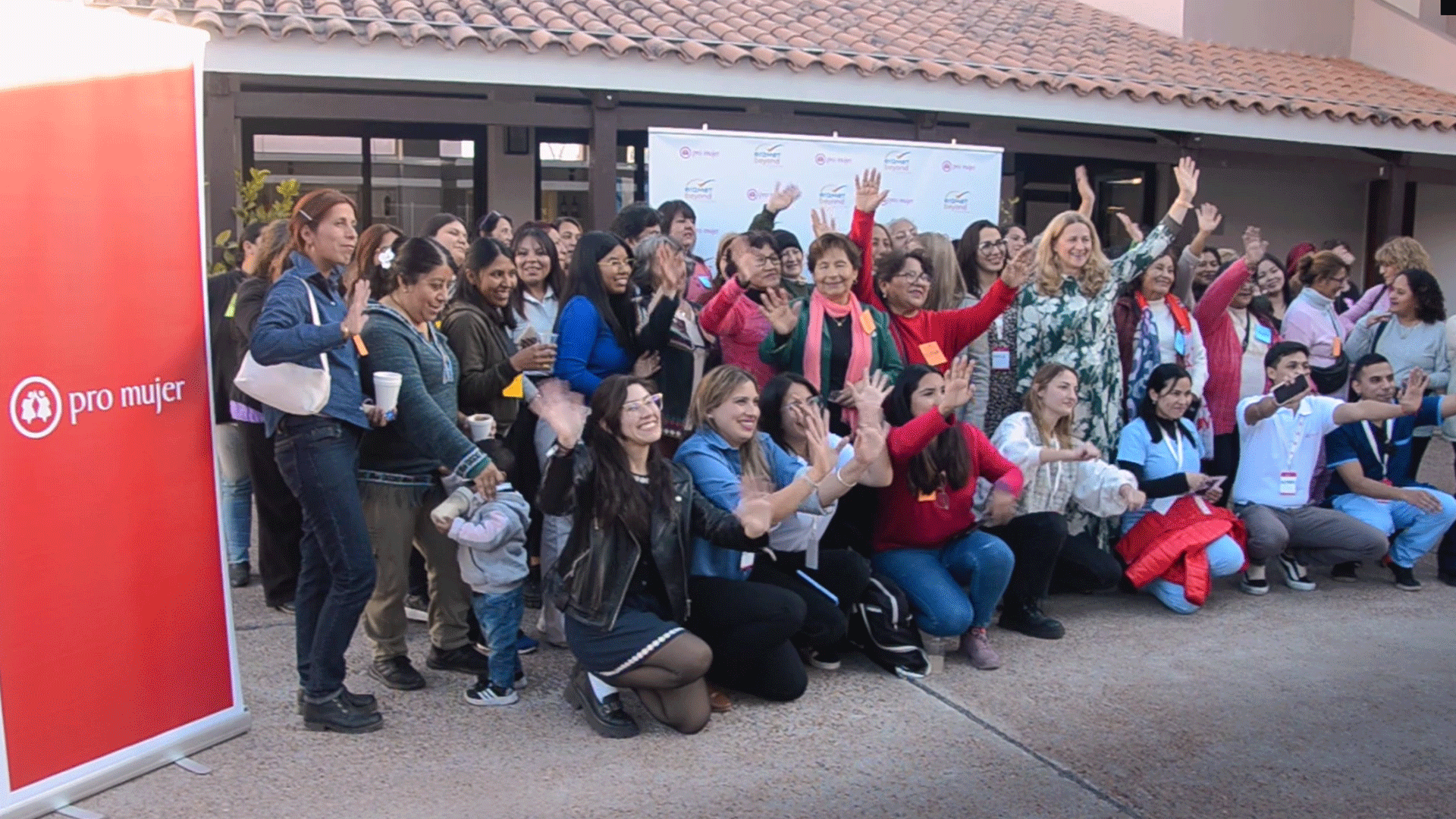Black mass is a metal concentrate in the form of a black powder, obtained by crushing and separating battery components and gigafactory scrap. High-value elements such as lithium, nickel, cobalt and manganese are extracted after a hydro-metallurgical refining stage. This is the aim of the ReLieVe project (Recycling of Li-ion batteries for Electric Vehicle), led by Eramet and Suez and co-financed by the European Union.
The challenge of European recycling
Against a backdrop of dependence and fierce competition for raw materials, securing supplies of critical metals is a crucial issue for European sovereignty, and one to which the recycling of used batteries or batteries scrapped by gigafactories can provide a solution.
In Europe today, manufacturers are already collecting, sorting and processing Li-ion batteries from end-of-life electronic devices and electric vehicles. There are processes for producing black mass, but very little refining capacity. These downstream stages are mainly carried out in North America and Asia.
The other challenge is economic: with governments showing a clear determination to decarbonize mobility and industry, massive electrification is expected in the years ahead. As a result, more and more batteries will have to be recycled, and more and more black mass produced. What’s more, from 2031, European regulations will require all batteries produced in Europe to contain a certain percentage of recycled materials, to contribute to a more circular economy.
The optimum solution to these two challenges is to produce and process black mass in Europe, in order to conserve and circulate these strategic metals within the European battery industry. The ReLieVe project aims to produce black mass in France and refine it on the same industrial site.
ReLieVe: an ambitious project to enhance the value of black mass
Since 2018, Eramet has been working in partnership with Suez on the ReLieVe project, a two-part process for recycling electric batteries:
- Upstream of the process, which consists of dismantling batteries, crushing and separating their components to produce black mass;
- The downstream part of the process involves treating black mass to extract strategic metals, and producing them in the form of battery-grade salts or solutions.
One of ReLieVe’s challenges is also to recycle graphite, another strategic material found in battery anodes. Graphite is recovered during the first stage of the hydrometallurgy process, with the aim of recycling it. Other battery constituents, such as copper, aluminum and various types of plastic, are also separated, processed and recycled in the appropriate manner, along with any impurities likely to “pollute” the black mass.
A demonstration plant was inaugurated in November 2023 at Eramet Ideas in Trappes. The production plant will be located in Dunkirk, and is scheduled to come on stream in 2025 for the upstream part (black mass production) and 2027 for the downstream part (refining). The final investment decision on the project is expected by the end of 2023 for the upstream plant, and by the end of 2024 for the downstream plant.





